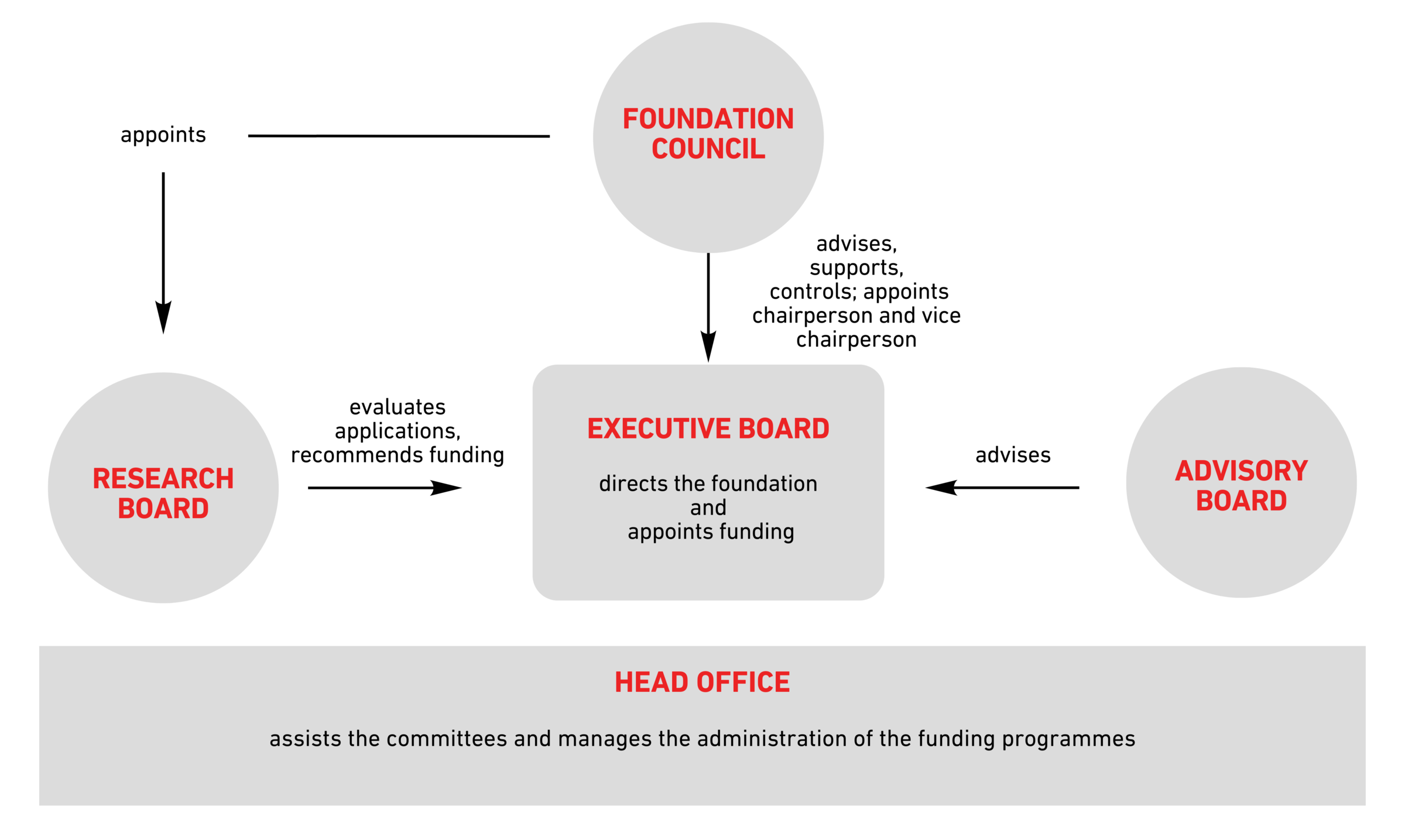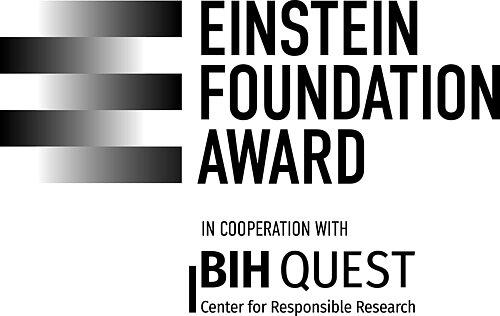The Einstein Foundation Berlin promotes international cutting-edge research in and for Berlin. It was founded in 2009 by the State of Berlin.
The scientists we fund are doing exceptional work in their field – they are driving forward the fight against cancer as well as the study of antiquity. Among them are three Nobel Prize winners and numerous recipients of other awards, such as the Gottfried Wilhelm Leibniz Prize of the German Research Foundation or the ERC Advanced Grant of the European Research Council.
For research. For Berlin.
We are currently supporting ten programme lines with more than 20 million euros annually:
- Cross-institutional research priorities and projects
- Appointments of outstanding scientists and academics
- Targeted support for young researchers
- Research-oriented teaching programmes
- International networking
Applicants and projects are selected by a high-calibre Research Board. It ensures that the most promising applications are identified, regardless of subject area or institution. The final decision is made by the Executive Board. To date, some 240 scientists and seven Einstein Centres, in which researchers work together across institutions, have received funding.
The Einstein Foundation has launched an initiative with international appeal: the Einstein Foundation Award for Promoting Quality in Research. The €500,000 Award annually recognizes outstanding researchers and institutions whose work helps to advance the quality and robustness of research findings on a global scale.
Funding is awarded on the basis of applications from professors and project leaders at the following Berlin universities: Freie Universität Berlin, Humboldt-Universität zu Berlin, Technische Universität Berlin, Universität der Künste Berlin and Charité - Universitätsmedizin Berlin. Publicly funded institutions such as the Berlin institutes of the Max Planck Society, the Helmholtz Association, the Leibniz Association and the Fraunhofer Society can also be funded as cooperation partners. In addition, the Hebrew University of Jerusalem has the status of a cooperation partner. In the Einstein Professorship Programme, the publicly funded non-university institutes in Berlin can apply for funding together with the eligible institutions or on their own.
The Einstein Foundation Berlin is independent and science-driven. There are neither subject nor institutional quotas – all disciplines from A for Ancient History to Z for Zoology can apply, as can creative projects, for example from the University of the Arts. Funding is awarded on the basis of the scientific quality of the application. Another important criterion is the contribution to Berlin's scientific landscape. Applications are generally evaluated by external experts in a peer review process. Based on their assessments, the Scientific Commission makes recommendations for funding or rejection to the Foundation's Board of Directors.
The founder is the state of Berlin, which provides the Einstein Foundation with annual state funding for business operations and promotional activities, in addition to the foundation capital of five million euros provided in 2009, the year the foundation was established. The Foundation also receives matching funds, i.e. for every euro raised privately, it receives 50 cents from the Land of Berlin. In addition, the Foundation receives 'matching funds' from the state of Berlin as an incentive for private donors, i.e. every euro of private funding is matched by 50 cents of public funding.
The Foundation honours the work of Albert Einstein and its immense significance for science and society in Berlin and across the globe. We are grateful to the Hebrew University of Jerusalem, responsible for preserving the legacy of Albert Einstein, for its valued cooperation and participation in the Foundation Council and the Berlin Board.



